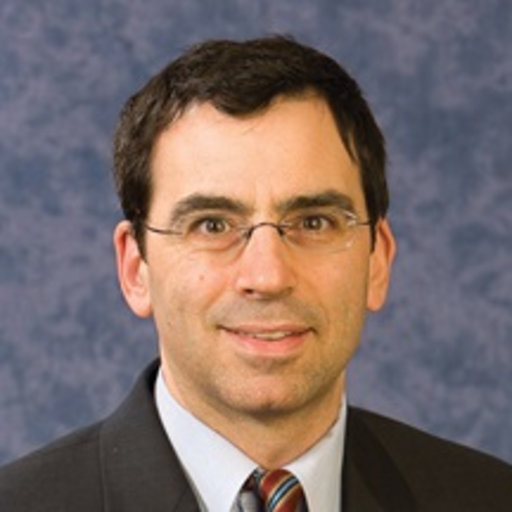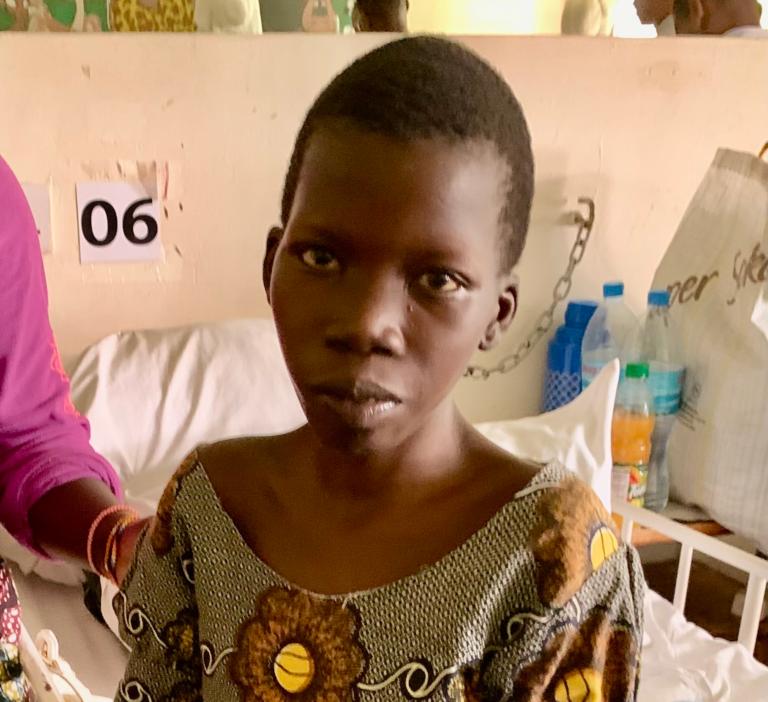Dr. Carmelo Panetta, a Minnesota-based interventional cardiologist, has been coordinating a video cardiovascular conference with KCMC on a bimonthly basis since February of this year. This is thanks to a partnership FCCA has with the Minnesota chapter of the American College of Cardiology (ACC). Dr. Panetta, who is an elected board member of the MN chapter of the ACC, was asked by the chapter to provide input to FCCA regarding cardiovascular program building with KCMC in Moshi, Tanzania.
Dr. Panetta describes the conference, “KCMC team emails me the case before our bimonthly zoom meetings, where a resident presents the cases in a PowerPoint presentation and a staff physician presents the echocardiogram. They are doing a great job. I am learning a lot from them on cardiovascular pathology unique to Moshi, Tanzania and hope I can offer them advice from my experience as a Cardiologist.”
“Anywhere from 10 to 24 physicians sign on to the zoom link from KCMC for this discussion twice a month. They are dedicated as we sometimes end at 11:00AM MN time which translates to 7:00 PM Tanzania time”
“For some cases, I will do a literature search and send them review and guideline papers.”
“I imagine with the large population KCMC serves (15 million people), the number of patients needing cardiovascular treatment could be overwhelming. But they seem to manage things. For now, they refer most patients needing more specialized treatment to JKCI cardiac center 500+ km away in Dar es Salaam. It will be great when KCMC has its own center and cardiac team.
“I’m glad I can be there, at least virtually, to help. I learn so much from their team, and they inspire me.”
Postscript: What is an interventional cardiologist? It’s someone who deals specifically with a catheter-based treatment of heart diseases. The most common interventional cardiology procedure involves inserting a sheath into the groin or wrist artery and passing a catheter to the heart to open a blocked artery with a balloon or a stent and in the past 10 years there has been expansion into structural heart problems such as valve disease of the heart. For children, pediatric interventional cardiologists could be called upon to manage congenital heart disease such as closing an atrial septal defect (hole in the heart) or open a narrowed mitral valve that was damaged by rheumatic heart disease. These procedures are minimally invasive, and a patient can sometimes be discharged from hospital within a day or two. Both pediatric and adult interventional cardiologists work with noninvasive and electrophysiology cardiologists and cardiothoracic surgeons as a Heart Team to find the best ways to manage heart disease in people.




